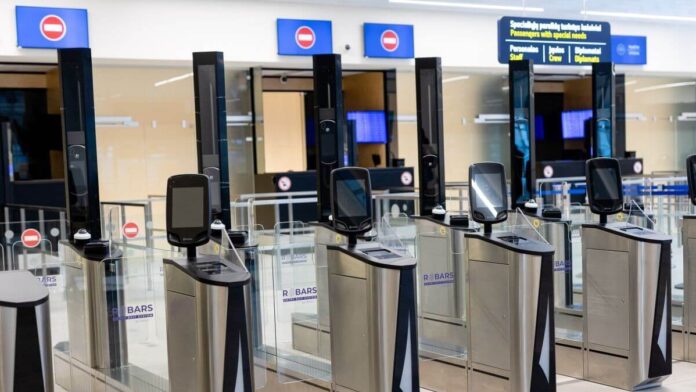Ireland and Cyprus will still continue stamping travellers’ passports even after the Entry/Exit System (EES) becomes operational sometime by the end of this year, or the beginning of next year, in the European Union.
“In Cyprus and Ireland, despite being countries of the European Union, passports are still stamped manually,” the EU notes in the official website of the EES.
The reason behind, is that both Cyprus and Ireland are not part of the Schengen Zone, and while the first cannot start the accession procedures due to its border issues with the other half of the Cypriot island, the latter had refused to join Schengen back in 1985.
The EES is a recently developed automated IT system in the EU that will be keeping track of travellers entering and leaving the Schengen Area. Amongst others, the EES will replace passport stamping, which will become digital, SchengenVisaInfo.com reports.
The system was expected to become effective in May this year and was later postponed to November. However, the agency responsible for its operation, the eu-LISA, has confirmed for SchengenVisaInfo.com that the date when the EES will become operational remains unknown.
While it will not affect Ireland and Cyprus anyhow, the system will, however, apply to Romania and Bulgaria, since both of them are still in the process of joining the Schengen Area.
“Please note that Bulgaria and Romania do not issue Schengen visas, however both countries use the EES. Therefore, when planning to travel to Bulgaria and Romania there are specific rules that you should take into account,” it is said in the EES website.
Further, the EU explains that those travelling to these two countries without having to obtain a Schengen visa, will have their duration of stay there calculated to the overall permitted period of stay in the Schengen, which is 90 days for any 180 days.
The rule will in particular affect travellers from other continents who have used Romania and Bulgaria, and even Croatia up until January 1 this year, to reset the total limited period of stay in the Schengen countries.
Those in need of a Schengen visa who are given a specific number of days to spend in the Schengen Zone, will not have those days counted if they decide to spend some time in Bulgaria or Romania. However, the period of stay will be taken into account when checking compliance with the overall limit of 90 days in 180 days.
>> Britons Who Used Croatia As a Base to Reset Their Schengen Day Count No Longer Able to Do So


